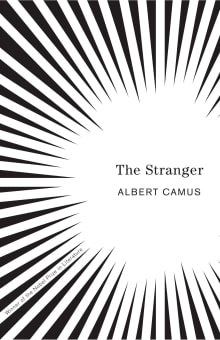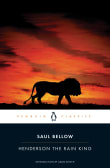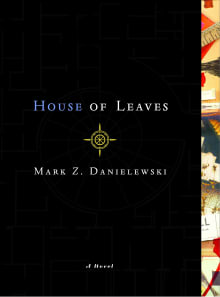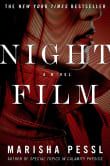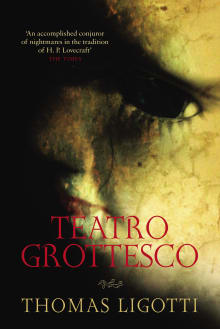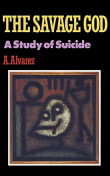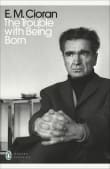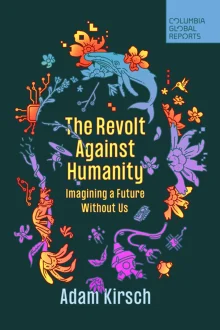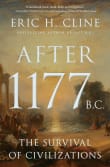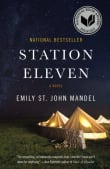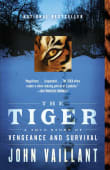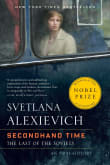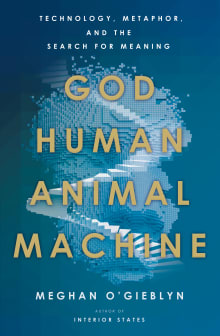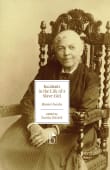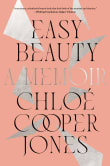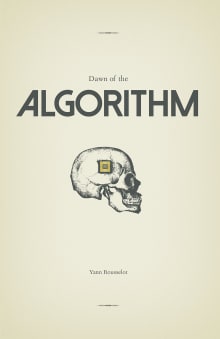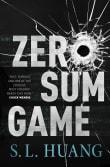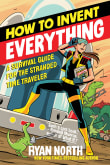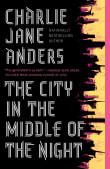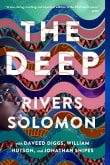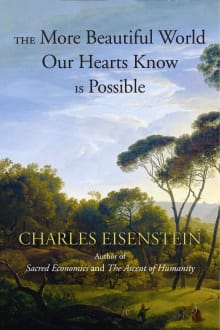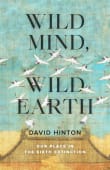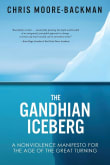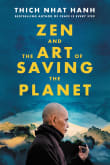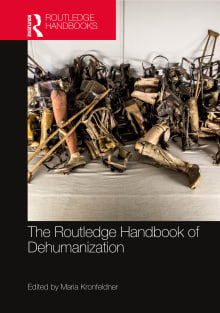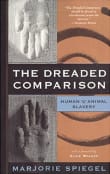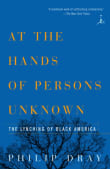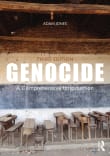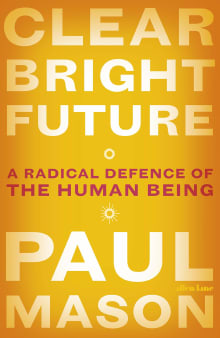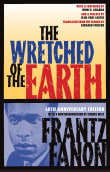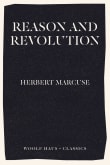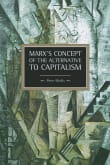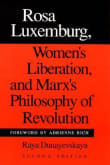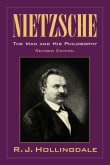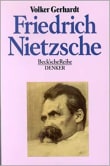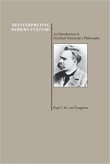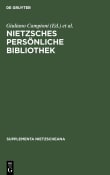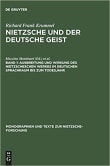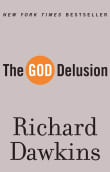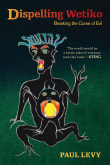Why am I passionate about this?
I’ve been passionate about absurdist literature since my early youth when we read Kafka’s Metamorphosis in school. Later in life, friends recommended Irving, Vonnegut, Bellow, and Boyle to me. I discovered Murakami, Mendoza, and Niven. Films like Common Wealth or The Last Circus by Spanish filmmaker Alex De La Iglesia, which are equally entertaining and thought-provoking, gave me the spark to start writing myself. I hope you enjoy the books on this list as much as I have!
M.P.'s book list on heroes weathering the adversities of existence

Why did M.P. love this book?
Again, it was a book I read when I was lost, lacking motivation, and in dear need of guidance.
The hero’s journey made me understand the unimportance of my own personal struggles in the greater scheme of things and let me proceed with ease and nonchalance, though slowly and cautiously, like an old blind man tapping the floor in front of him with his white walking stick.
8 authors picked The Stranger as one of their favorite books, and they share why you should read it.
With the intrigue of a psychological thriller, The Stranger—Camus's masterpiece—gives us the story of an ordinary man unwittingly drawn into a senseless murder on an Algerian beach. With an Introduction by Peter Dunwoodie; translated by Matthew Ward.
Behind the subterfuge, Camus explores what he termed "the nakedness of man faced with the absurd" and describes the condition of reckless alienation and spiritual exhaustion that characterized so much of twentieth-century life.
“The Stranger is a strikingly modern text and Matthew Ward’s translation will enable readers to appreciate why Camus’s stoical anti-hero and devious narrator remains one of the key expressions of…
